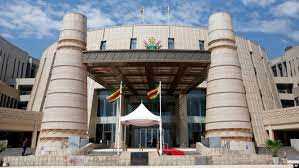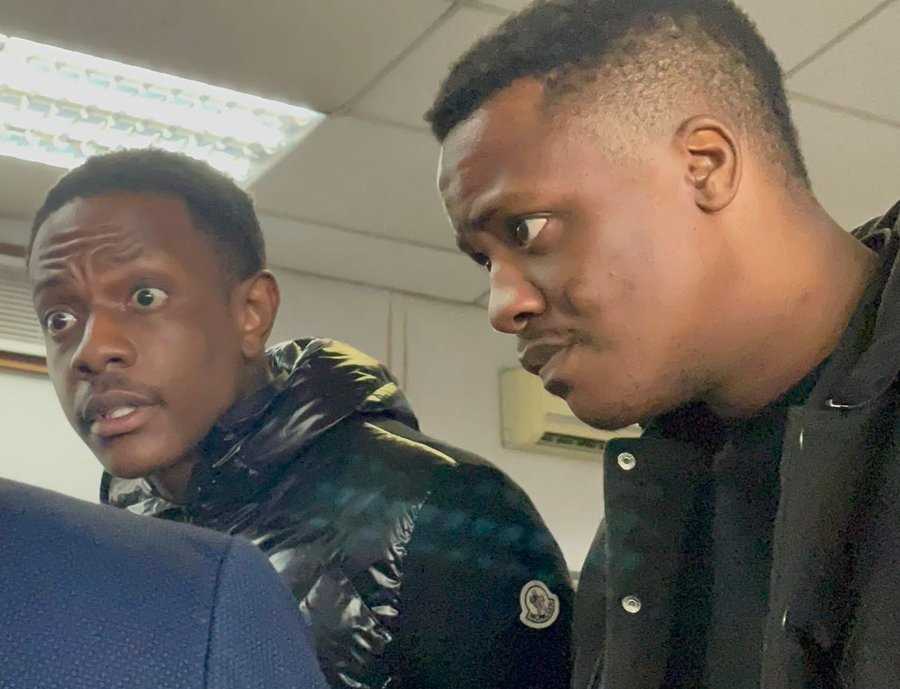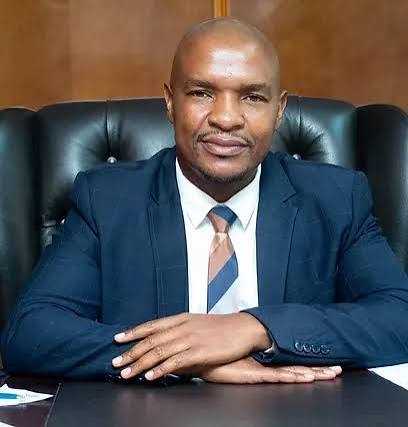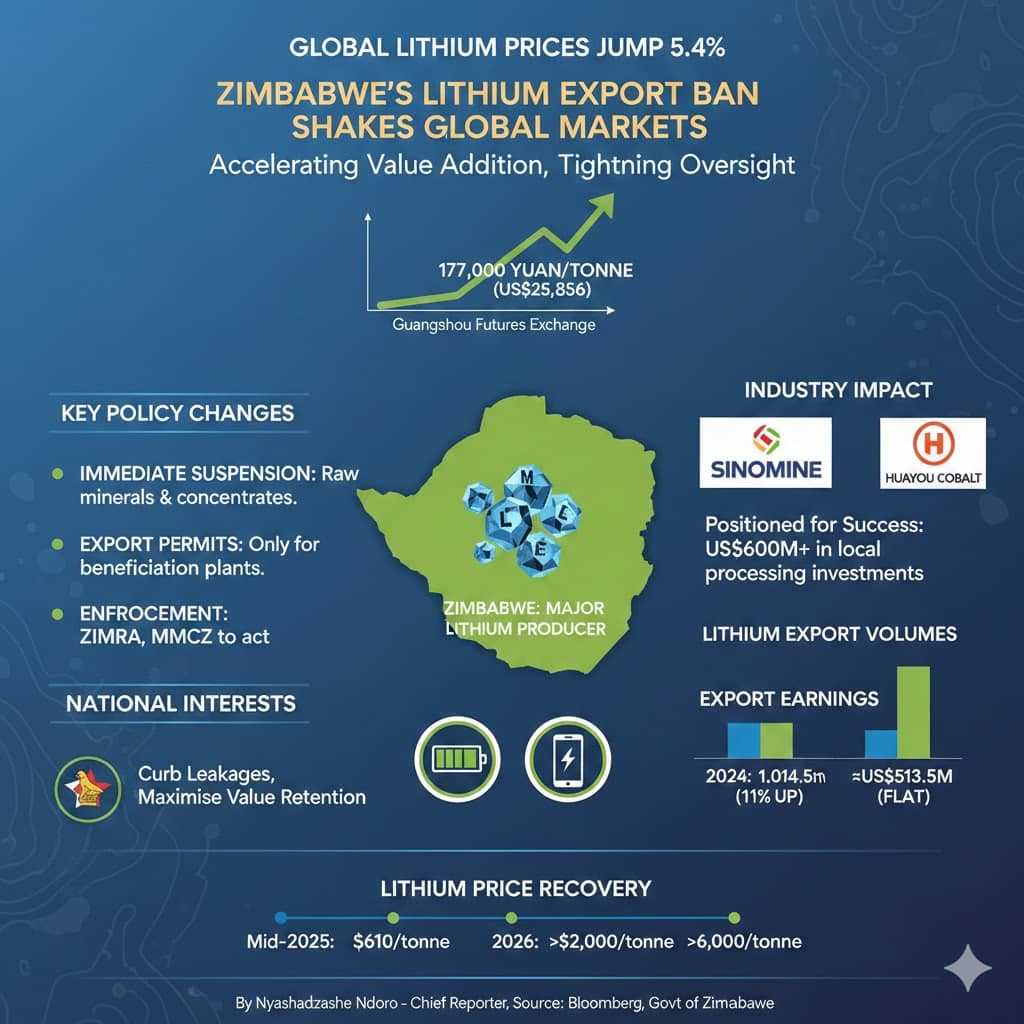
Audrey Galawu
Former Minister of Information and Publicity, Jonathan Moyo has criticised the Citizens Coalition for Change Members of Parliament for boycotting the opening of the 10th session Parliament session at the Mt Hampden Building on Tuesday.
This comes as CCC boycotted the event as the party has been demanding fresh elections, arguing that they do not recognise President Emmerson Mnangagwa as the legitimate leader of the country.
Commenting on the move by CCC, Professor Moyo said the opposition party snubbed the event because it has no strategy behind its opportunistic boycott to make reform headway, beyond chasing news headlines of the day, which are certain to be overtaken by other headline events of subsequent days.
He argued that the boycott of presidential addresses to Parliament is a “common opposition tactic” around the world, even within the SADC region.
“While CCC is well within its rights to boycott today’s opening of the First Session of the 1Oth Parliament by Emmerson Mnangagwa, the boycott could in fact boomerang on CCC and ultimately leave the party’s role in Parliament eviscerated, as happened to the MDC-A in the last Parliament.
“In South Africa, for example, the Economic Freedom Fighters South Africa has perfected the tactic as part of the go-to campaigns in its strategy box.
“What is notable about the boycott of Parliament tactic by opposition political parties, is that a boycott works only where the tactic is part of a well thought out and well-grounded strategy with an endgame.
“The EFF has upped the ante in its boycott of Cyril Ramaphosa parliamentary appearances in order to send a clear message to the electorate that the EFF is the only real opposition to the African National Congress in Parliament.
“Firstly, and as is exemplified by the last paragraph of Zimlive’s story linked to the attached post, CCC’s boycott is premised on the falsification of the conclusions of the SADC and African Union election observations on Zimbabwe’s recent harmonised general election.
“Secondly, and as already intimated above, it is notable that CCC itself does not have any evidence to support Nelson Chamisa’s assertion that he won the presidential election. It is foolhardy for CCC to expect a boycott based in zero evidence with no V11s.
“Thirdly, and this is the most significant hurdle for CCC, an effective boycott if anything in Parliament by an opposition political party can be meaningful if and only if that party has significant numbers to stop parliamentary processes or votes,” he said.
Related Stories
Professor Moyo added that the decision made by CCC is based on the hopes they have been given by the SEOM report on the harmonised elections.
Political analyst, Dr Alexander Rusero has also criticised the CCC boycott, saying that the decision puts to rest any feasibility of dialogue, harmony desperately required between Zanu PF and CCC.
Dr Rusero said the move kills any prospects of mediation from within and without.
He further said that such boycotts are most of the time driven by political ego as opposed to political rationality, which will emerge victorious but at a long-term cost.
He described it as an “old an old tired script” that is no longer sustainable in the current context.
“It is a paradox to boycott the institution of Parliament citing legitimacy of Mnangagwa by the CCC. Parliament is part of an arm of the State which for most of the time requires Executive cooperation and compliance.
“The boycott of the CCC whilst falling under their Strategic Ambiguity approach, is a false start to the five years ahead.
“Zanu PF is very tactful at retaliation. Ministers will not take questions from an Opposition which does not acknowledge their Appointing Authority.
“Outside Legislative Role of crafting laws, Parliament is a critical institution for oversight of Government Ministries, President and His Deputies. You cannot perform this without some modicum of rapport.
“Unknowingly they are giving Zanu PF a blank cheque. Imagine five years of Ministers refusing to take opposition questions if they decide to.
Dr Rusero stated that the opposition should not negotiate from outside in the 21st century political approach, but from within.
“My advice to the opposition would be, go to Parliament and if possible, make some noise. Outside Parliament, Zanu PF has capacity to drive government agenda through Politburo and Central Committee, Opposition can only stop Zanu PF in Parliament,” he said.



















Leave Comments